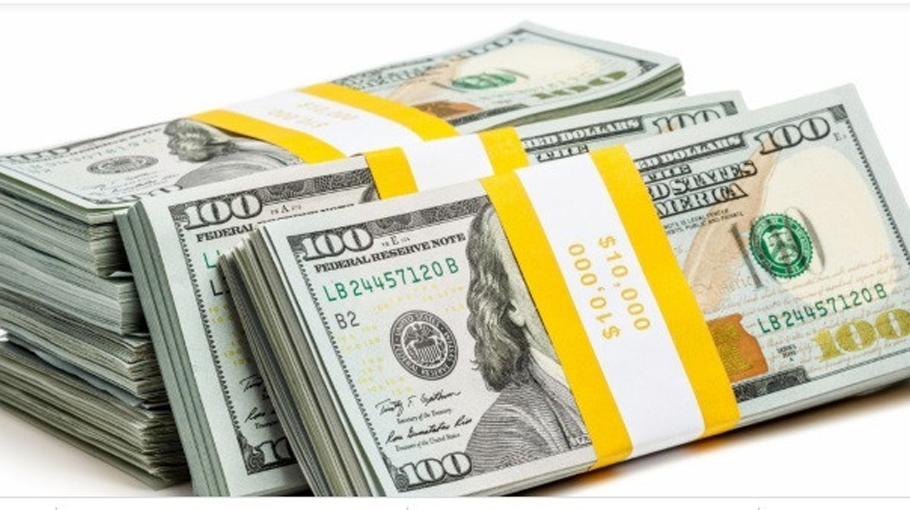Net reserves now $16b surpassing IMF target: BB

The net reserve of Bangladesh now stands at $16 billion, surpassing the $14.7 billion target set for June by the International Monetary Fund (IMF), according to the Bangladesh Bank.
Meanwhile, the gross reserve as of 30 June was $21.83 billion, up from $19.4 billion on 26 June, according to the Balance of Payments and International Investment Position Manual (BPM6), confirmed Bangladesh Bank Spokesperson Md Mezbaul Haque.
Net reserve, which represents readily available cash from the gross reserves, is calculated excluding short term liabilities from gross reserve as per IMF formula based on the BPM6.
This marks the first time Bangladesh has surpassed the IMF target since the multilateral lender approved a $4.7 billion loan package in February last year.
In April, the net reserve fell below the threshold to $12.8 billion from $19.6 billion at the end of June 2023, according to the IMF’s second review report under the loan package. However, Bangladesh achieving the IMF’s June target is
coming at the cost of import compression which slowed down the country’s economic growth fueling inflation as the result of raising fuel cost.
Bangladesh Bank governor in a letter to the IMF admitted that continued import compression has slowed economic activities, while persistently high global commodity prices and continued taka depreciation has kept inflation persistently high placing disproportionate burden on the poor.
The country’s imports declined by 15.42% in the first nine months of outgoing fiscal year FY24, according to Bangladesh Bank data.
Additionally, inflow of $2 billion loans of which $1.15 billion from IMF and $900 million from other sources as budget support is also helping Bangladesh to cross IMF’s net reserve target.
Besides, stopping dollar sales from the reserves is also helping. The Bangladesh Bank stopped selling dollars from the forex reserve from 8 May after introducing a new crawling peg mechanism by raising dollar price from Tk110 to Tk117 in a single day, the biggest devaluation of taka in the country’s history.




